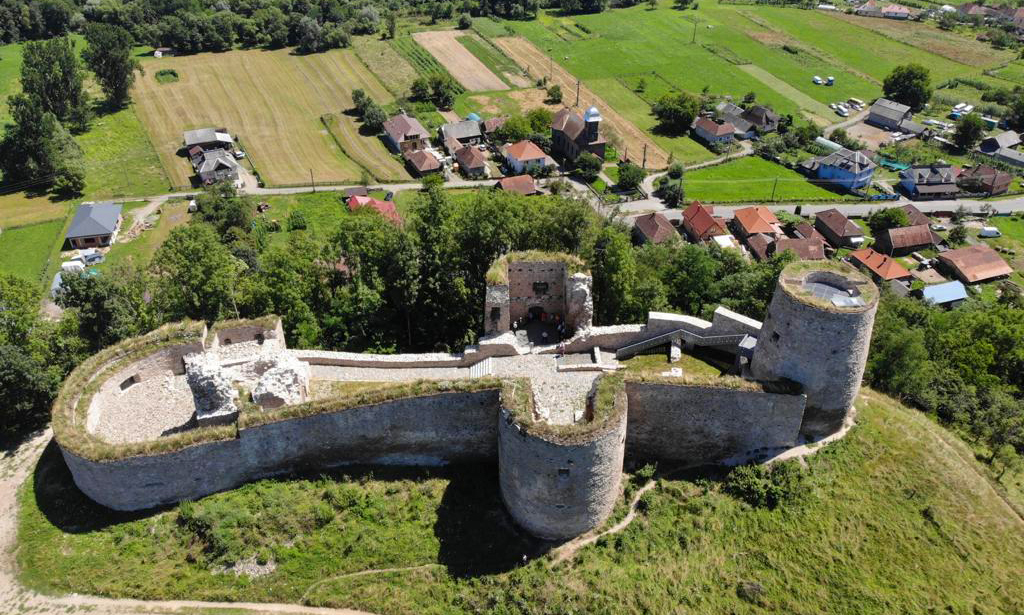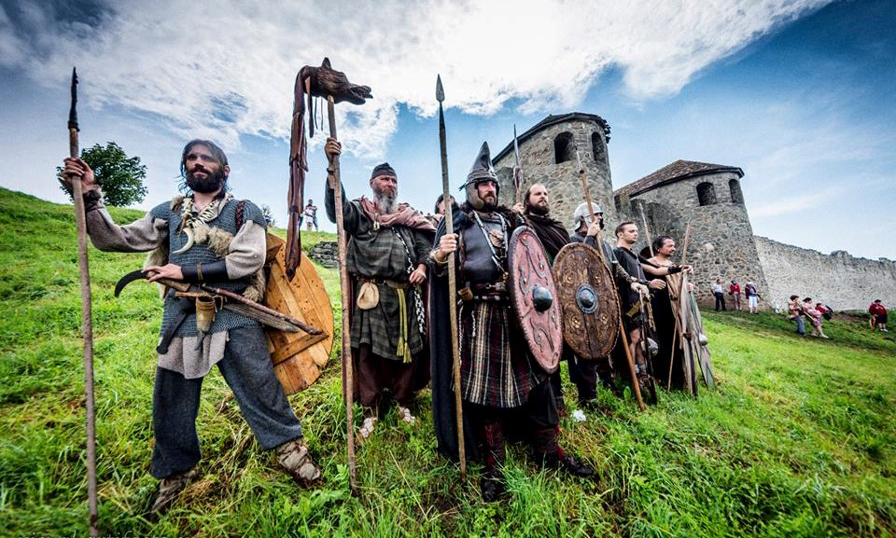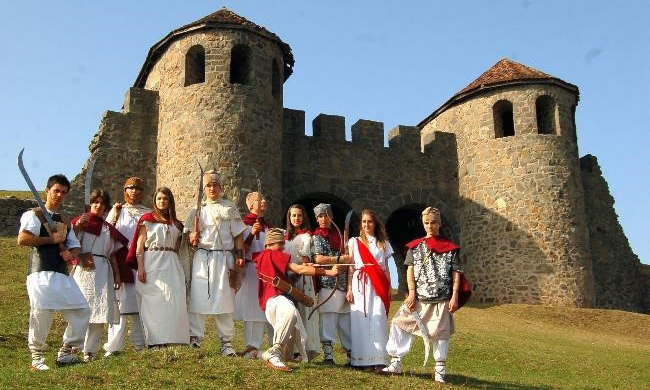North-West Regional Development Agency (NWRDA), Romania
Conservation, protection, restoration and valorisation of LIMES-related archaeological sites
Region: Nord-West Romania
- HISTORICAL & NATURAL HERITAGE
- AUTHENTICITY
- DIVERSITY
Type of organisation leading the larger local innovation ecosystem
Public utility NGO
NWRDA elaborates regional development plans & strategies, committing the entire ecosystem of LPAs, businesses, social & academia in these processes; will act as MA for ROP 2021-2027, which will enclose heritage & tourism investment opportunities in Priority 7: An attractive region.
Main challenges related to cultural tourism
Many heritage sites require investments for conservation, protection, restoration or equipment endowments to be included in tourist circuits. Many sites are in private property, not eligible for state funding. Due to improper restorations, a non-performing management or insufficient funds, some public heritage sites failed to attract and engage the local communities, resulting in lifeless, empty and unattractive sites. The cultural & tourism activity is concentrated in a few centres, the rest being largely untapped, unknown or unreachable, having a high risk of unsustainability.
For the North-West Development Region, being part of the Be.CULTOUR Community means a step forward towards capitalizing on the potential of the region through sustainable cultural tourism.
Current strategic planning
There are national, regional, county and local strategies that include components of cultural tourism but which are not entirely intended for this form of tourism. Among the objectives found in these strategies are listed:
- Conservation, protection, restoration and/or endowment of cultural buildings and/or historical monuments
- Revitalizing the restored heritage objectives which have not maximised their potential
- Making sustainability plans for cultural and heritage objectives
Ideas and future perspectives
Add management and/or marketing plans (to previous documentation of state funding – conservation, protection, restoration or endowment of heritage sites) for the short and medium-term to ensure the sites’ sustainability
Involve local communities in the revitalization of cultural sites already restored to increase their attractiveness, competitiveness & sustainability
Use of digital features: audio guides, virtual tours, VR & AR tools
Increase the energy efficiency of cultural heritage sites
Cultural heritage asset description
The North-West LIMES
The North-West LIMES (Limes Dacicus, the permanent border of the province Dacia) consists of a complex system of towers, earthworks, walls, small fortifications and forts, existing since Roman times. Nowadays, there are more than 160 LIMES-related archaeological sites in the North-West Development Region. Of these, 13 are Roman Castra of greater importance: Turda (Potaissa), Gilău, Bologa, Buciumi, Românași (Largiana), Brusturi (Certiae), Moigrad Porolissum, Brebi, Tihău, Cășeiu (Samum), Ilișua (Arcobara), Livezile and Orheiu Bistriței. Some of those were partially rehabilitated from ERDF and EARDF EU funds. Most of the LIMES-related archaeological sites are no longer visible, being difficult to be identified.
Type of cultural heritage
- ARCHAEOLOGICAL
- NATURAL
- INTANGIBLE
Specific goal related to the selected asset
LIMES heritage sites are remotely placed in the region; one goal is to boost their attractiveness & competitiveness and to dynamise the tourist flows by involving the local communities and sites’ responsible LPAs. LIMES attractions could also be enhanced with digital features by involving regional ITC clusters.
In addition, there is a need for good practices focused on restoration & energy efficiency due to previous improper interventions, which undermine the sites’ authenticity and integrity.
Europeanisation: linkages between local heritage and European history and culture
The Romanian LIMES from the North-West Development Region is a small puzzle piece from the Great Roman Empire, which, 2000 years ago, ruled a large part of today's Europe. The Romanian authorities are planning to include this area, the Romanian LIMES, in the UNESCO world heritage sites list to show the European territory's importance and common history.
European and international Cultural Heritage recognition(s)
- The North-West LIMES is part of the Romanian LIMES Dacicus, which is also part of the trans-national monument, Frontiers of the Roman Empire (FRE).
- The registration of the Roman border crossing various countries was a joint objective, a trans-national FRE monument being established in 2005. The Romanian Roman border is the largest unitary heritage monument in the country, contributing with the longest sector, of over 1000 de km, to FRE. (link)
Ongoing projects and best practices
Digital tools
Cultural routes
Cultural events
Industrial reconversion
Projects
- RFC – Recapture for Fortress Cities (Interreg Europe, 2019-2023)
- ISTER – ConnectIng hiSTorical Danube rEgions Roman routes (EUSDR Danube Programme, 2020-2022)
- Transylvania Castles (EEA & Norway Grants, 2016-2017)




